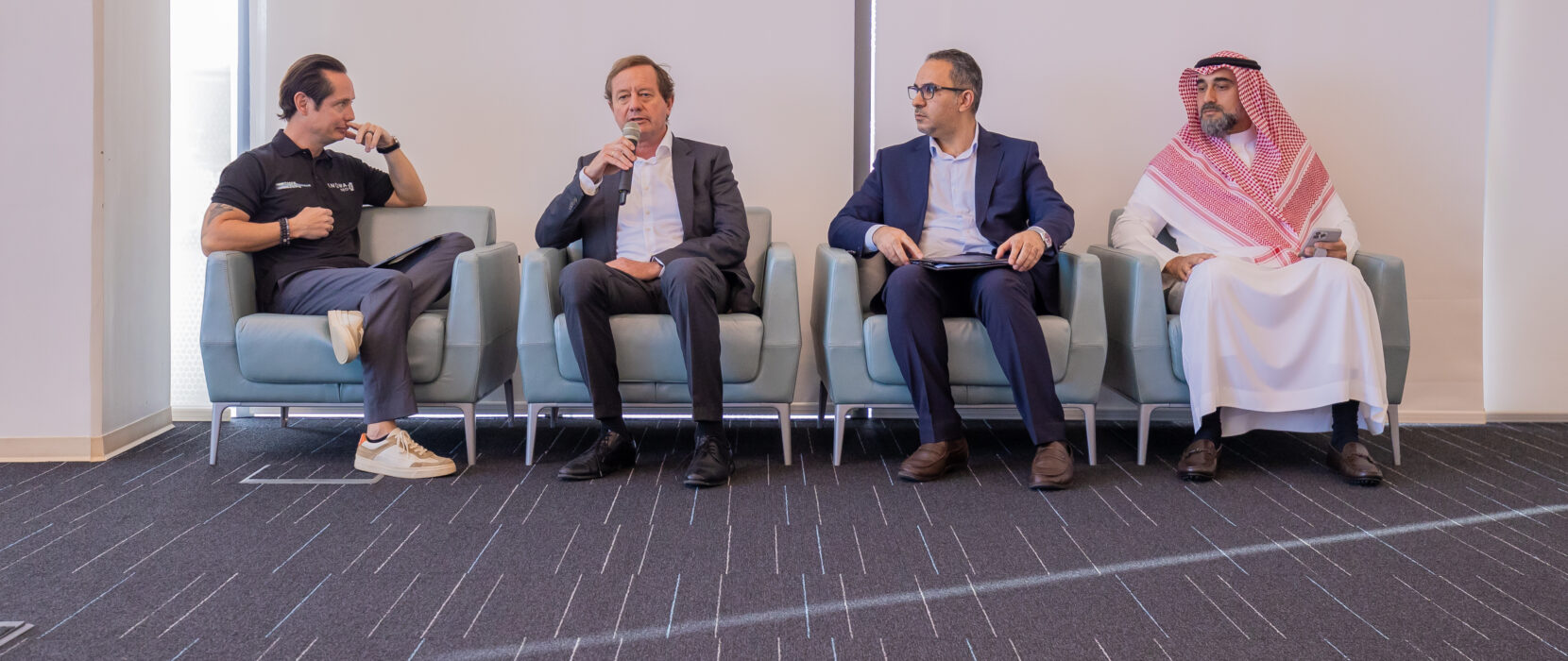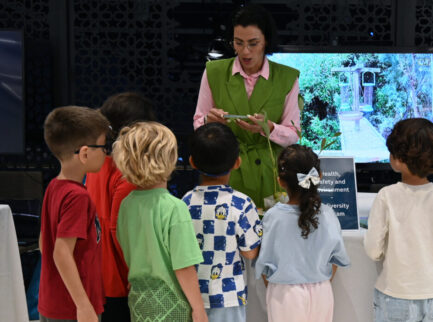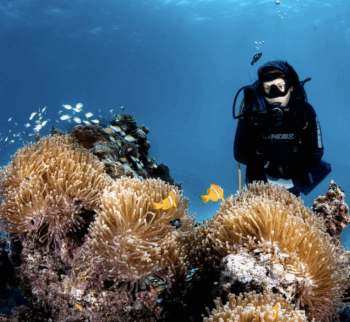KAUST is working in partnership with NEOM’s Education, Research and Innovation Foundation (ERIF) and ENOWA through the Hydrogen and e-Fuels Applied Research Institute (HEFARI) to support research and development in green hydrogen technologies. The collaboration aims to contribute to the Kingdom’s goals for clean energy production and carbon neutrality, as outlined in Saudi Arabia’s Vision 2030 and net-zero strategy for 2060.
As part of this partnership, ERIF is sponsoring three projects at KAUST, focusing on scalable and cost-efficient hydrogen production, emissions reduction from green fuels, and alternatives to fossil-based marine transport. These projects were presented during a summit hosted at the KAUST Research and Technology Park, which brought together stakeholders from academia, government, and industry — including Saudi Aramco, ENOWA, Imperial College London, and others — to exchange insights on hydrogen innovation and application.
The three KAUST-led projects currently supported by ERIF (HEFARI) are:
- Professor William Roberts development of carbon-neutral fuels for marine engines, aligning with new international regulations on shipping emissions.
- Professor Mani Sarathy focus on reducing the cost and increasing the efficiency of large-scale electrolyser technologies for clean hydrogen production.
- Assistant Professor Thibault Guiberti research on emissions reduction strategies for turbines and engines powered by green ammonia.
These efforts represent KAUST’s contribution to energy efficiency services for industry, offering targeted support to improve energy systems and fuel alternatives within the industrial sector. Through collaborative research, technical consultation, and innovation in clean energy, the university is providing direct services to local industry tailored to the evolving needs of national stakeholders.
This work is complemented by KAUST’s new Center of Excellence (CoE) on Renewables and Energy Storage, part of the university’s strategic realignment to accelerate the impact of applied research. The center will house additional hydrogen-related research activities and strengthen ongoing cooperation with NEOM and ENOWA. These activities are part of KAUST’s broader role in delivering services for industry to improve clean energy practices, especially in high-impact areas such as transport and energy infrastructure.
Saudi Arabia aims to produce 50% of its electricity from renewables by 2030 and sees hydrogen as a central pillar of its clean energy export strategy. Through this collaboration, KAUST continues to contribute research, technical expertise, and direct engagement with industry partners to support the country’s transition to a more sustainable energy future.
Find out more about this partnership here.




